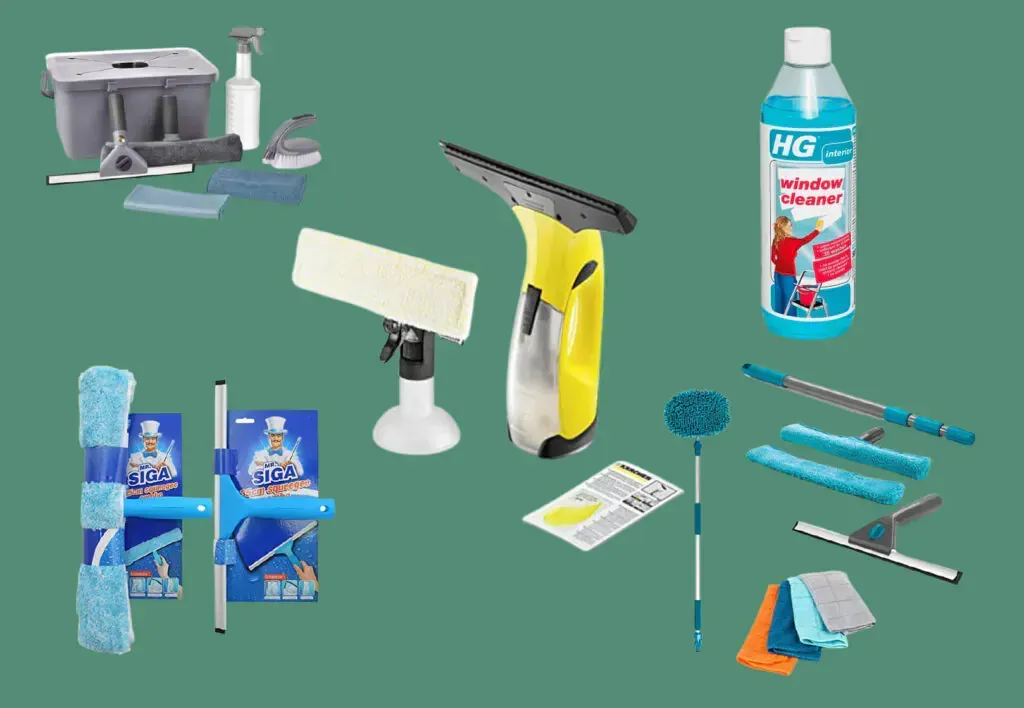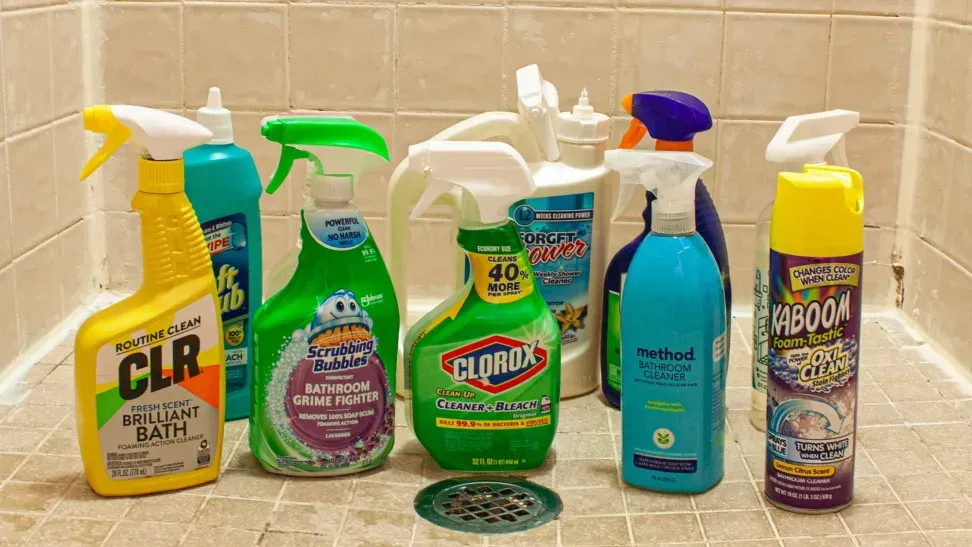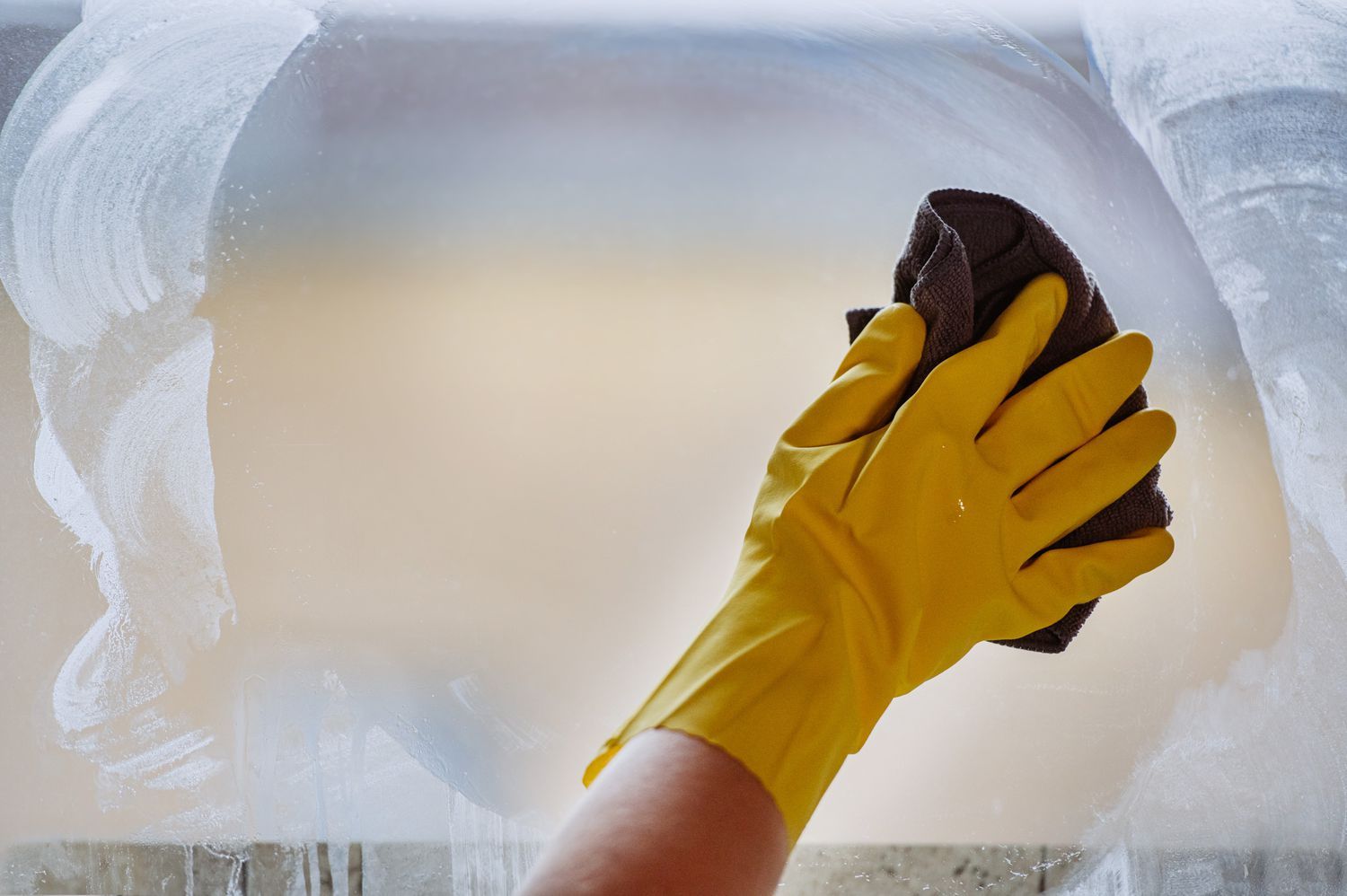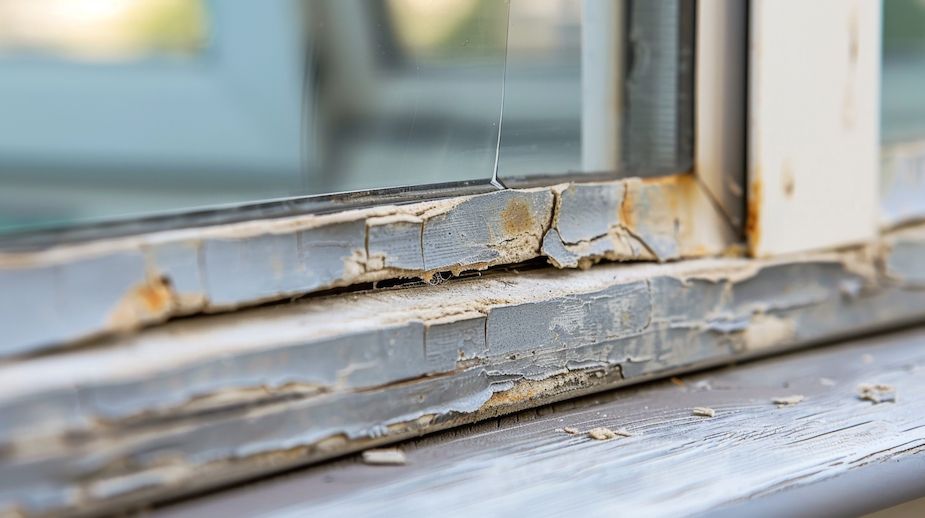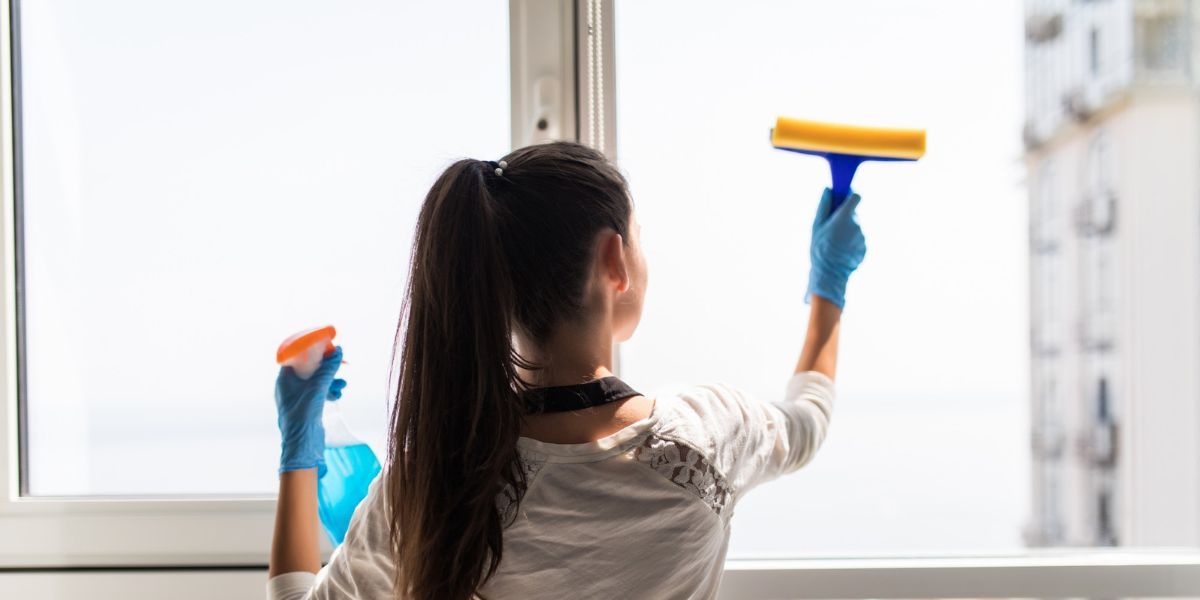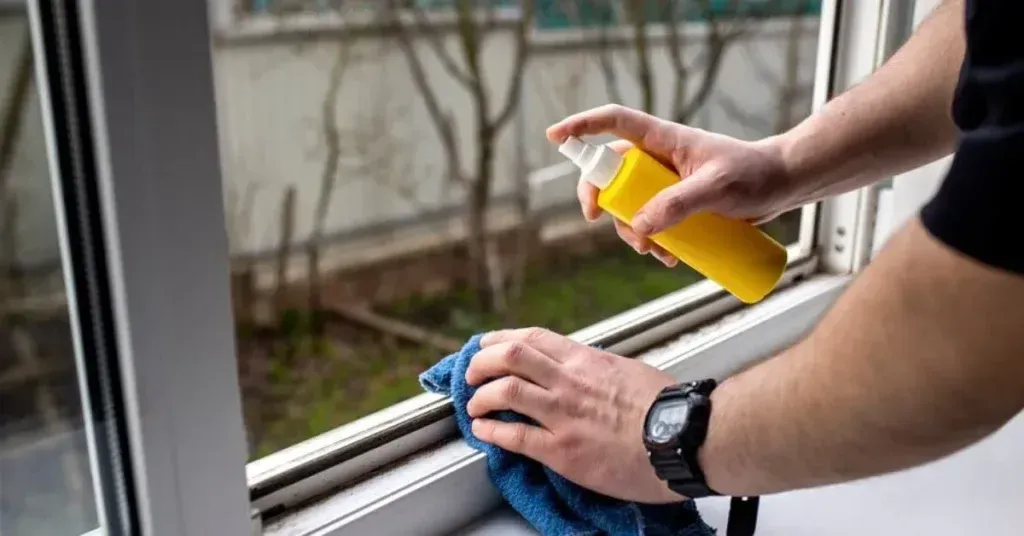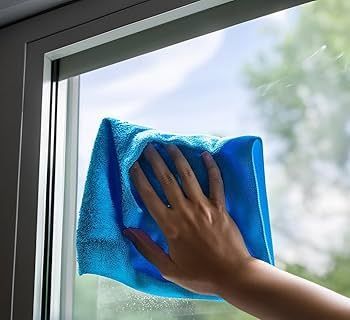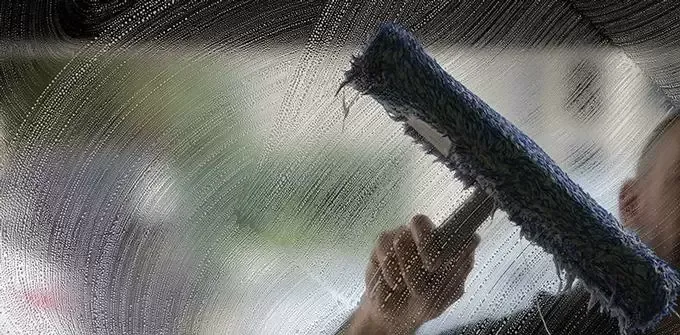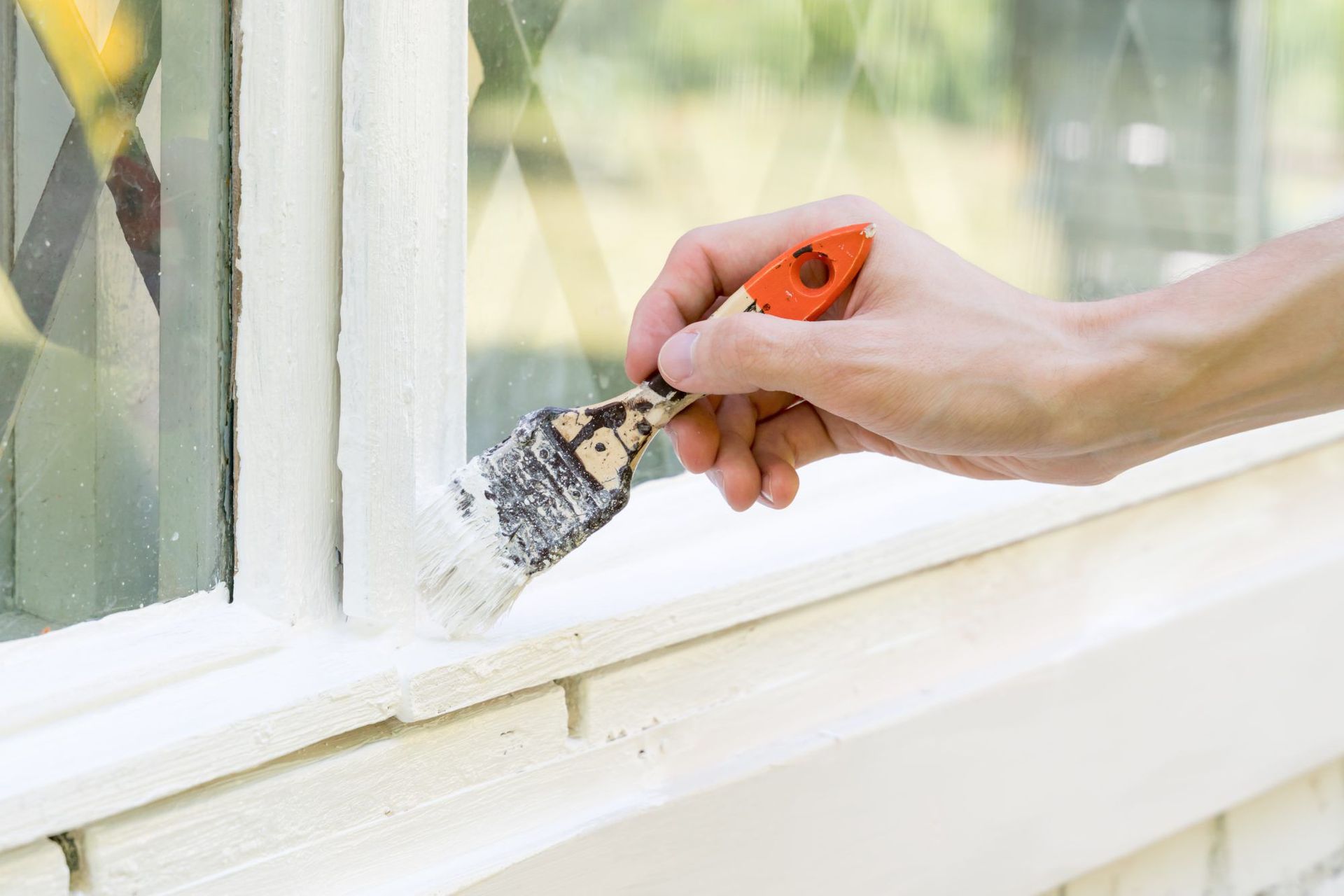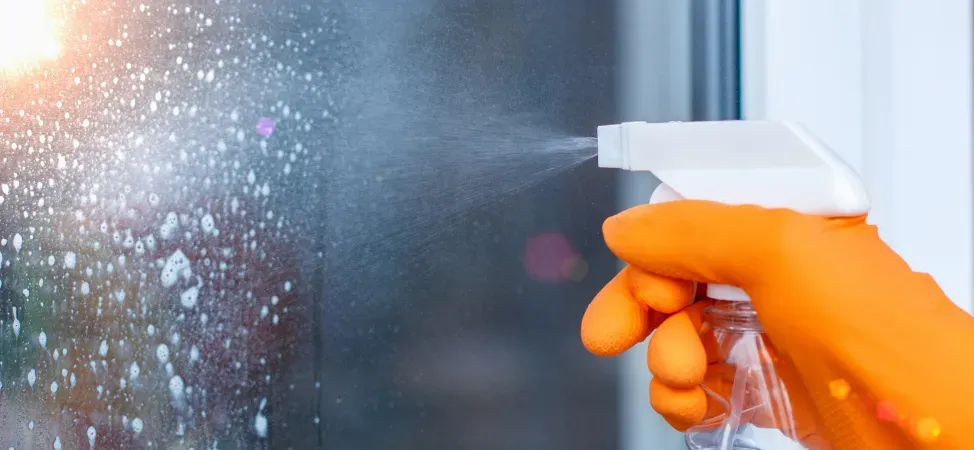5 Best Homemade Window Cleaning Solutions You Should Try
TLDR;
The best homemade
window cleaning solutions use simple ingredients like vinegar, dish soap, and rubbing alcohol to deliver streak-free results without harsh chemicals. These DIY recipes are budget-friendly, eco-conscious, and highly effective for both residential and commercial windows.
Why Homemade Window Cleaning Is the Way to Go
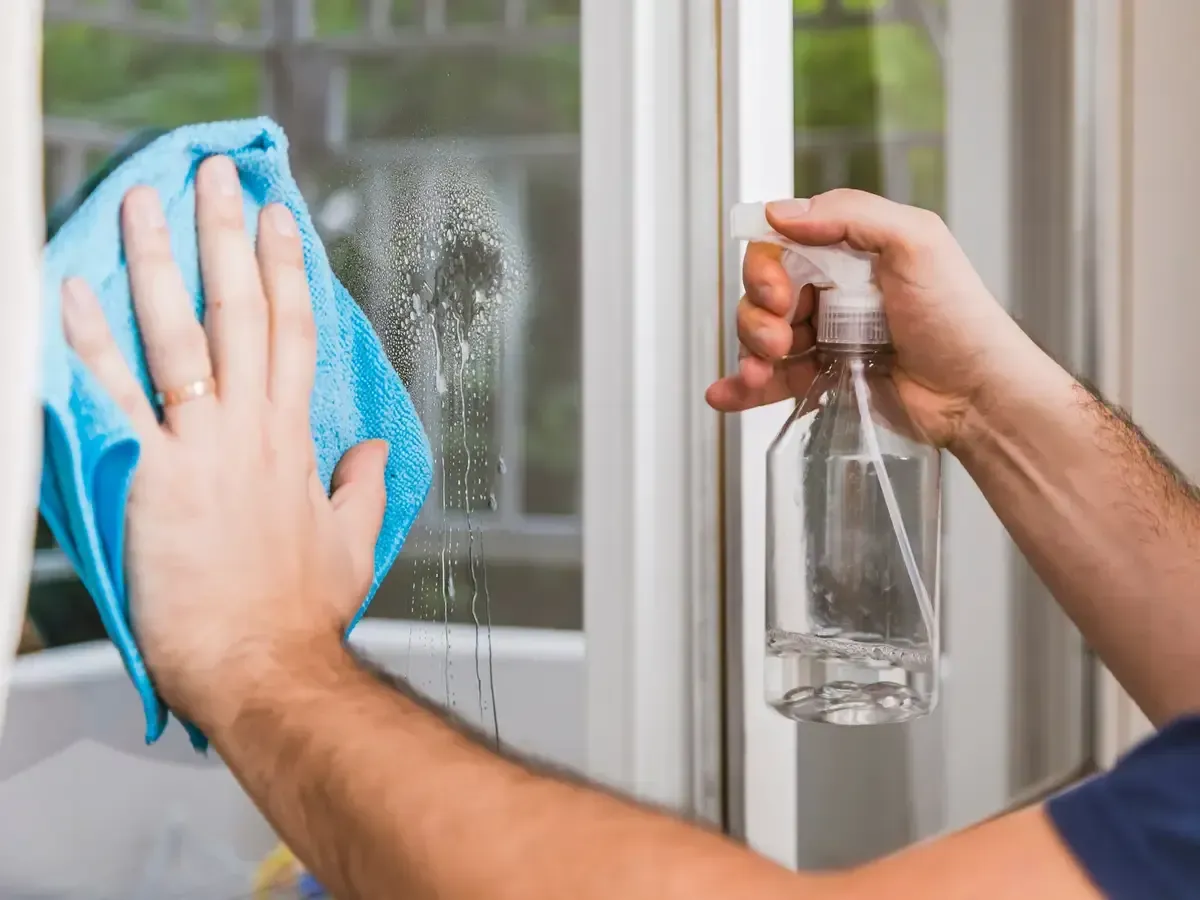
Homemade window cleaning solutions are not just about saving a few bucks—they're healthier for your home, safer for your family, and better for the planet.
- Eco-friendly: Most store-bought cleaners contain volatile organic compounds (VOCs) that contribute to indoor air pollution. Homemade options eliminate that risk.
- Non-toxic: No harsh fumes or skin-irritating agents. Perfect for homes with kids, pets, or allergy-prone individuals.
- Cost-effective: Why pay for overpriced brands when you likely already have the ingredients at home?
- Customizable: Add essential oils for scent or adjust ingredients based on window type and dirt level.
Did You Know?
Conventional window cleaners often contain butyl cellosolve—a solvent linked to headaches, dizziness, and even kidney or liver damage with long-term exposure.
Essential Tools & Ingredients You’ll Need
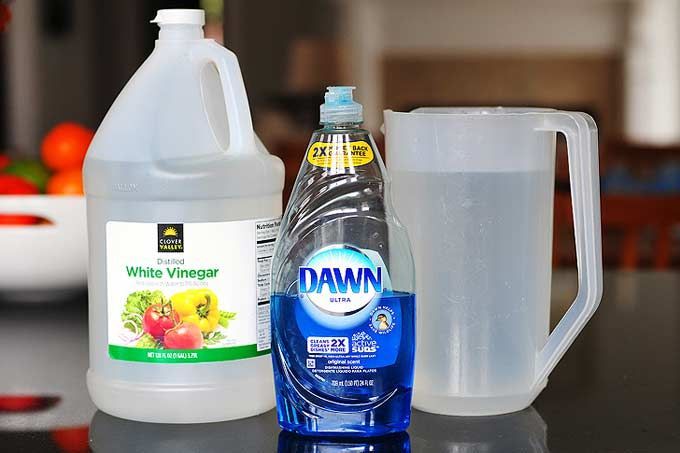
Before diving into the recipes, gather the right tools for a streak-free finish. Here's what you’ll need:
Tools Checklist:
- Spray bottle (preferably glass or BPA-free plastic)
- Microfiber cloths (won’t leave lint)
- Squeegee (great for large windows)
- Bucket (for outdoor or large-scale jobs)
- Explore our favorite
Tools for Cleaning Windows for pro-level results and safe, efficient cleaning.
Ingredients:
- White vinegar: Natural disinfectant and grime cutter
- Rubbing alcohol (isopropyl): Speeds up drying, prevents streaks
- Dish soap: Breaks down greasy buildup
- Cornstarch: Adds scrubbing power
- Ammonia (optional): Powerful cleaner—use with caution
- Lemon juice: Natural degreaser and adds fresh scent
- Distilled water: Prevents mineral spots (especially important in hard water areas)
Tap Water vs. Distilled Water
Tap water can leave mineral deposits on glass, especially in areas with hard water. If you're going for spotless clarity, distilled water is your best bet.
Top 5 Homemade Window Cleaning Solutions (With Recipes)
Each of these recipes has been field-tested by the team at Amazing Finish Windows. Whether you’re cleaning high-rise office glass or kitchen windows, there’s a solution here that fits.
1. Vinegar & Dish Soap Solution (Best All-Around Cleaner)
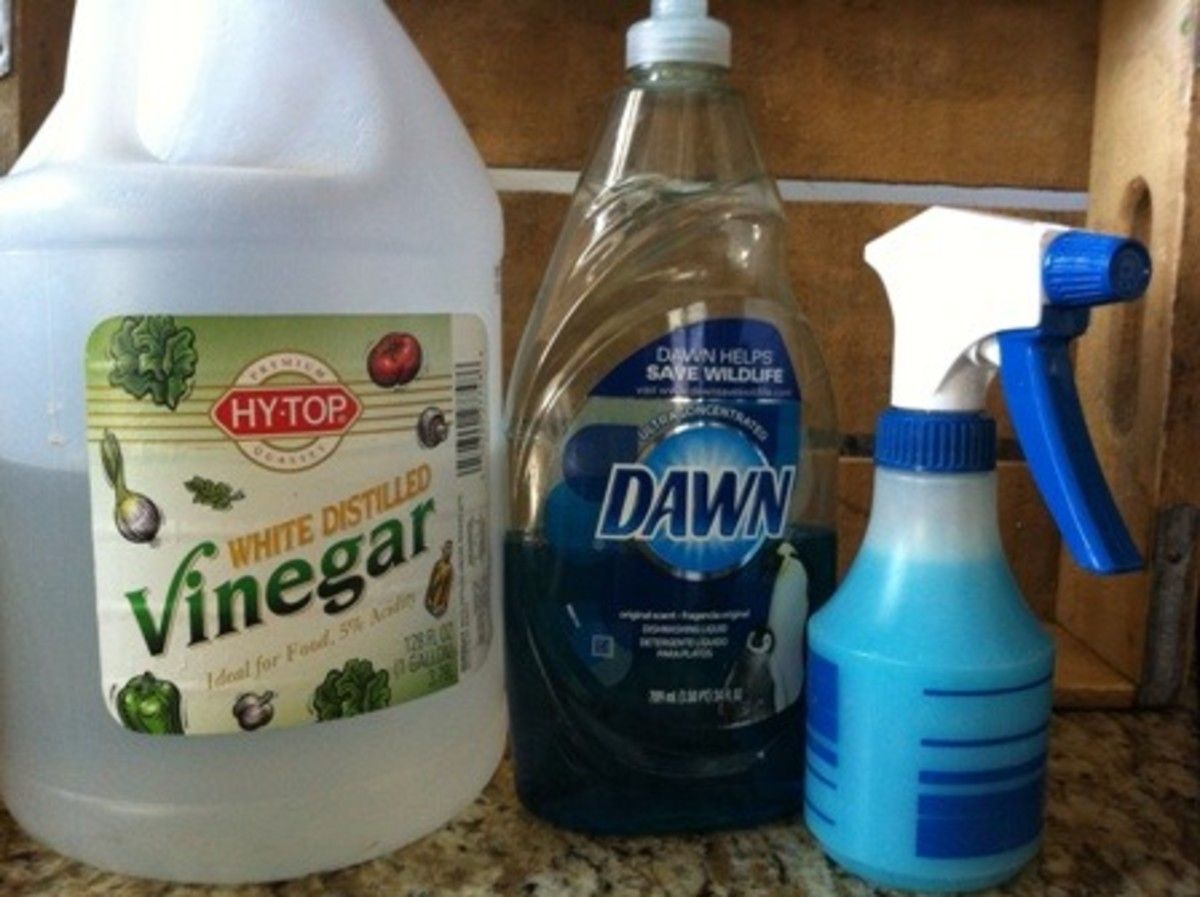
Ingredients:
- 1 cup white vinegar
- 1 cup distilled water
- 1 tsp dish soap
Instructions:
- Mix all ingredients in a spray bottle.
- Shake gently to blend.
- Spray on windows, wipe with a microfiber cloth or squeegee.
Best Use: Everyday dirt and light grease
Pros: Cheap, effective, gentle on all surfaces
Cons: Vinegar smell (can be masked with essential oils)
Safety Note: Never mix with bleach
2. Rubbing Alcohol & Vinegar Cleaner (Fast-Drying & Streak-Free)
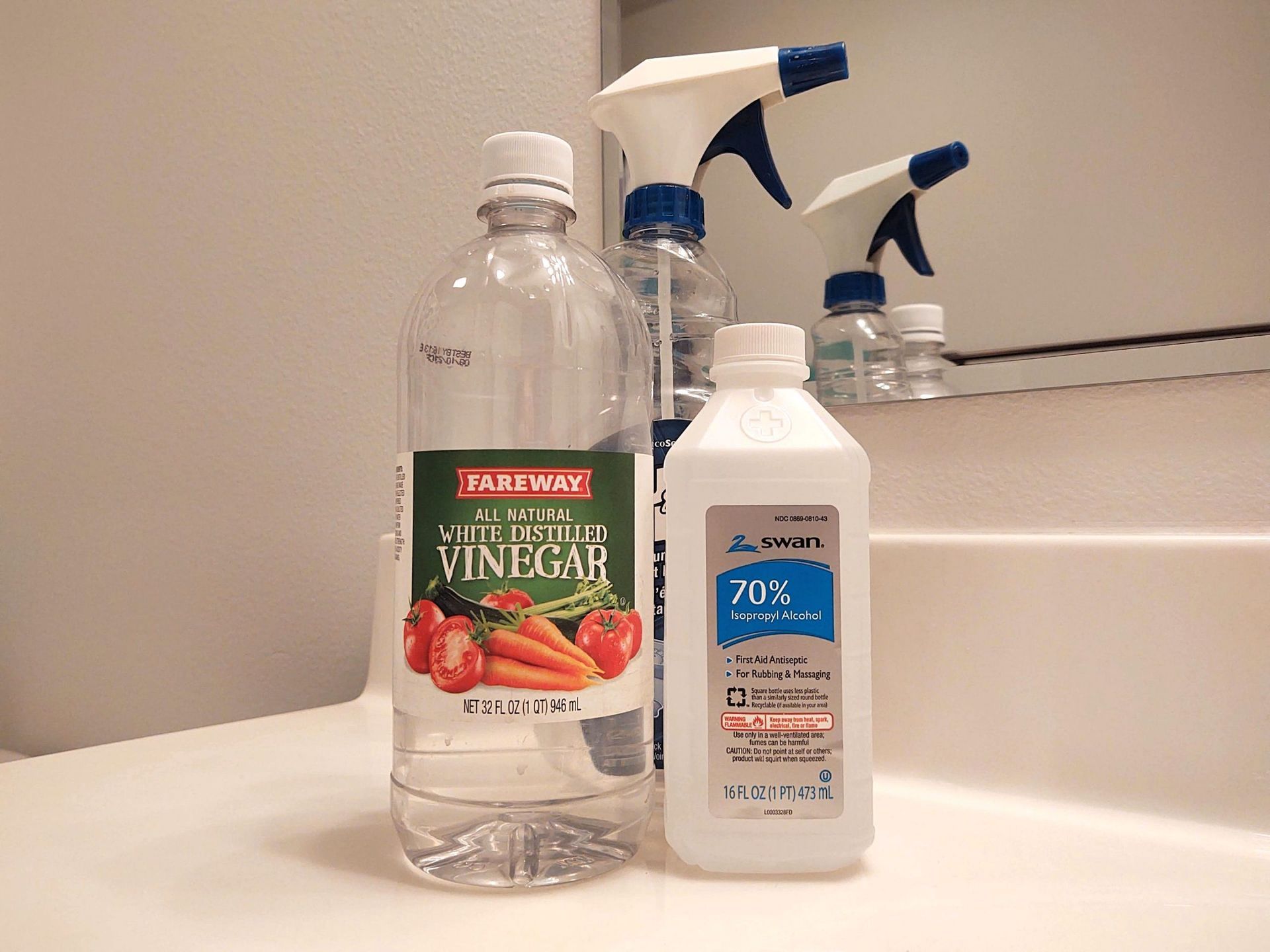
Ingredients:
- 1 cup rubbing alcohol (70% or 91%)
- 1 cup distilled water
- 1 tbsp white vinegar
Instructions:
- Combine ingredients in a spray bottle.
- Spray on glass and wipe clean with a lint-free cloth.
Best Use: High-traffic areas, commercial windows
Pros: Quick drying, minimal streaking
Cons: Stronger scent
Safety Note: Use in a well-ventilated area
3. Cornstarch Glass Scrub (Deep Cleaning Power)
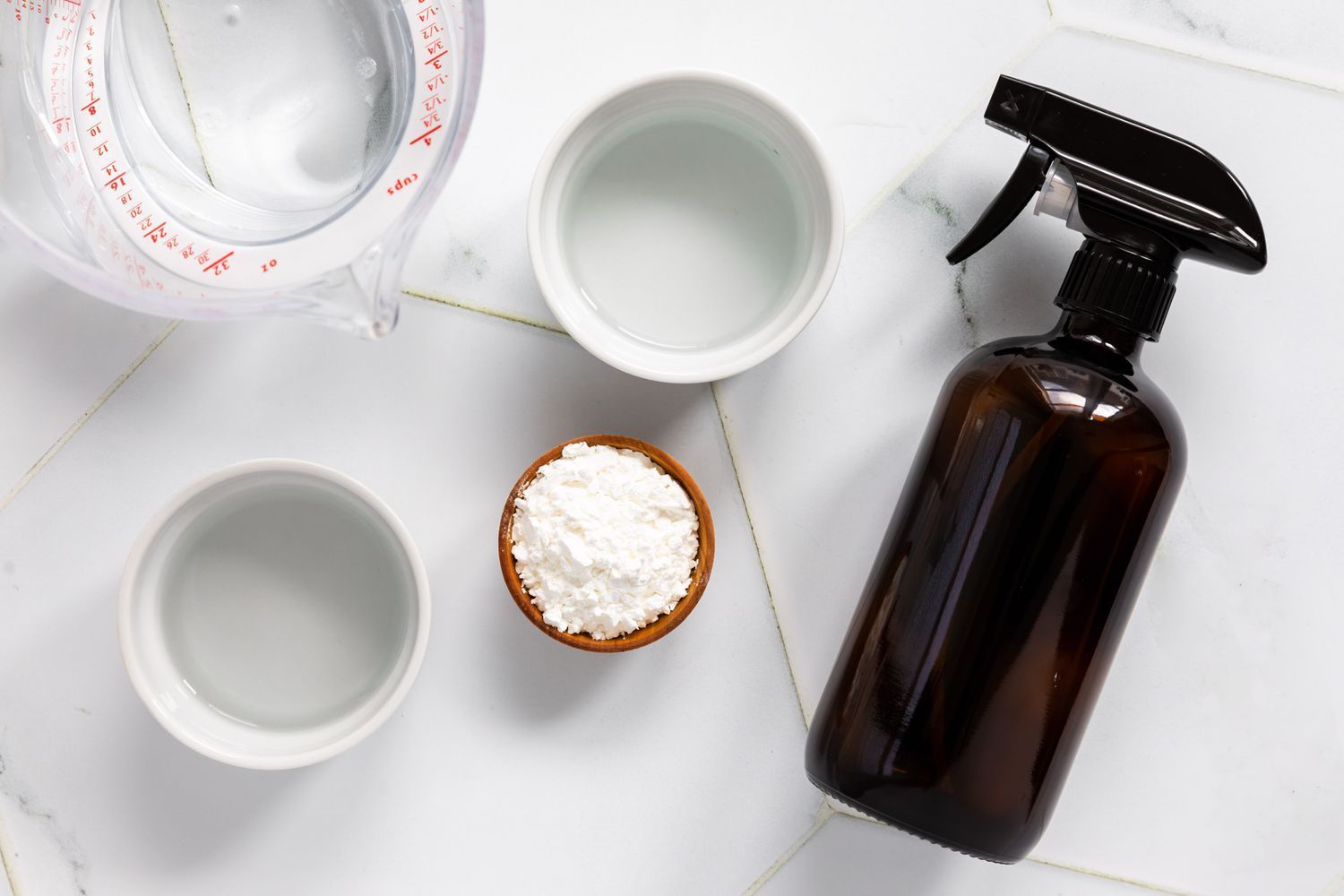
Ingredients:
- 1 cup water
- 1 cup vinegar
- 1 tbsp cornstarch
Instructions:
- Mix thoroughly until cornstarch is dissolved.
- Apply to windows using a spray bottle or sponge.
- Rinse and wipe dry with microfiber.
Best Use: Caked-on grime, outdoor windows
Pros: Mild abrasiveness, safe on glass
Cons: Needs proper mixing to avoid residue
4. Ammonia-Based Cleaner (Heavy-Duty Professional Use)
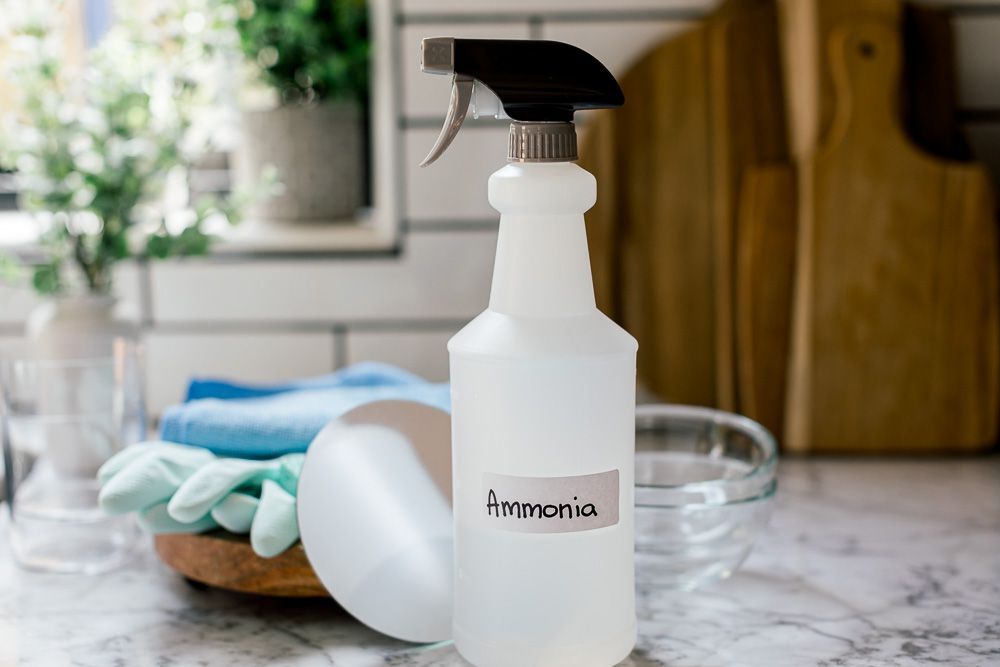
Ingredients:
- 1 tbsp clear ammonia
- 2 cups water
- 2 tbsp rubbing alcohol
- Optional: 1 tsp dish soap
Instructions:
- Mix in a spray bottle with caution.
- Wear gloves and ventilate the room.
- Apply to glass and clean with a squeegee.
Best Use: Construction dust, nicotine film
Pros: Industrial strength
Cons: Strong smell, use with care
Safety Note: Never mix with bleach or acids
5. Lemon Juice & Vinegar Natural Cleaner (Fresh Scent & Shine)
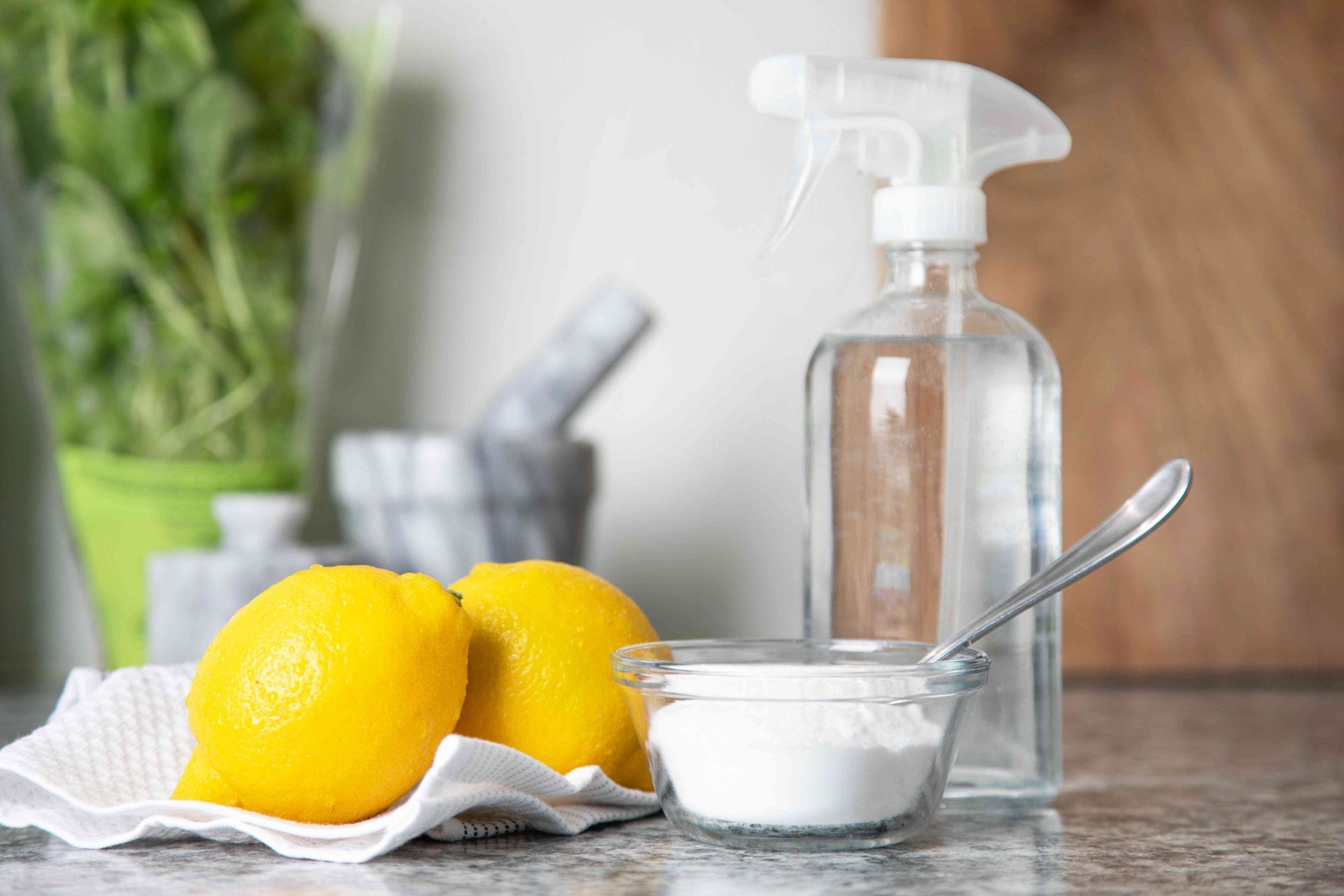
Ingredients:
- 2 tbsp lemon juice
- 1 cup vinegar
- 1 cup water
Instructions:
- Mix and spray onto windows.
- Wipe clean with microfiber cloth.
Best Use: Kitchens, bathroom mirrors
Pros: Smells great, gentle and effective
Cons: Slightly less powerful on greasy buildup
Comparison Table: Which Solution Is Best for What?
| Recipe Name | Effectiveness | Ease of Use | Safety | Cost | Best For |
|---|---|---|---|---|---|
| Vinegar & Dish Soap | High | Easy | High | Low | Everyday window cleaning |
| Rubbing Alcohol & Vinegar | High | Easy | Medium | Low | Quick-drying commercial use |
| Cornstarch Mix | Medium | Moderate | High | Low | Heavy indoor grime |
| Ammonia-Based | Very High | Moderate | Low | Medium | Post-construction, smokers' homes |
| Lemon Juice & Vinegar | Medium | Easy | High | Low | Kitchen & bathroom shine |
Editor’s Pick:
Rubbing Alcohol & Vinegar – great balance of power and streak-free finish
Most Versatile:
Vinegar & Dish Soap
Seasonal Window Cleaning Tips for Better Timing
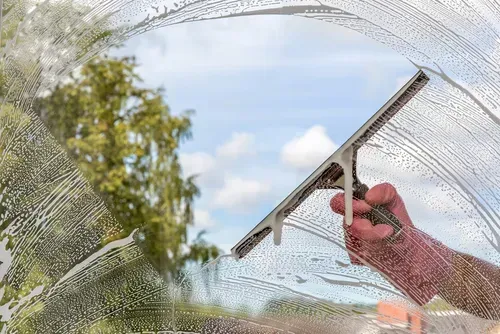
Timing your cleanups can drastically improve results. Here's how to adjust your approach year-round:
Spring
- Deal with
pollen buildup
- Use vinegar-based cleaners to cut plant residue
- Choose a cloudy day to avoid streaks from sun
Summer
- Tackle
sun glare and haze
- Avoid cleaning in direct sunlight—solution will dry too fast
- Use rubbing alcohol to speed drying in humid conditions
Fall
- Remove
dust and leaf debris
- Ideal time for deep cleans before winter
Winter
- Watch for
freezing temps
- Use warm water-based solutions indoors
- Avoid alcohol-based mixes outdoors unless it's above freezing
Tip: Want a ready-to-go cleaning calendar? Download our
Seasonal Window Cleaning Checklist from Amazing Finish Windows (available on request).
Safety Tips for Homemade Cleaners
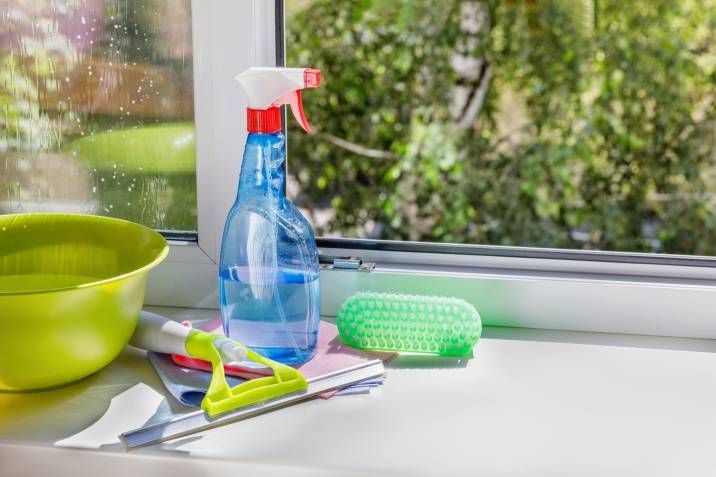
While these solutions are safer than store-bought brands, proper handling still matters.
NEVER MIX:
- Vinegar + Bleach = toxic chlorine gas
- Ammonia + Bleach = deadly fumes
Safety Best Practices:
- Use gloves to protect skin
- Ventilate the area—especially with ammonia
- Label your spray bottles clearly
- Keep all solutions away from children and pets
How to Get Streak-Free Windows Every Time
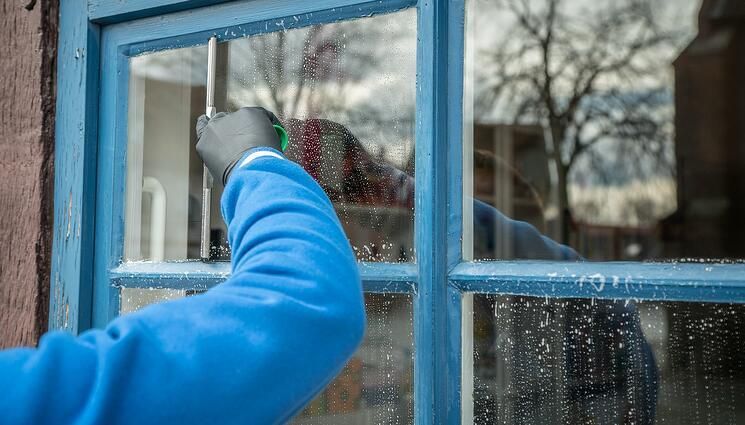
Avoiding streaks is all about the right method—not just the right mix.
Pro Tips:
- Clean windows
top to bottom
- Use a
microfiber cloth or newspaper (no paper towels)
- Try a
squeegee for large windows
- Don’t let the cleaner dry before wiping
- Clean window
frames and sills before glass
Common Mistakes:
- Using too much solution
- Wiping with dirty or wet cloths
- Cleaning in direct sunlight
FAQs About Homemade Window Cleaning


